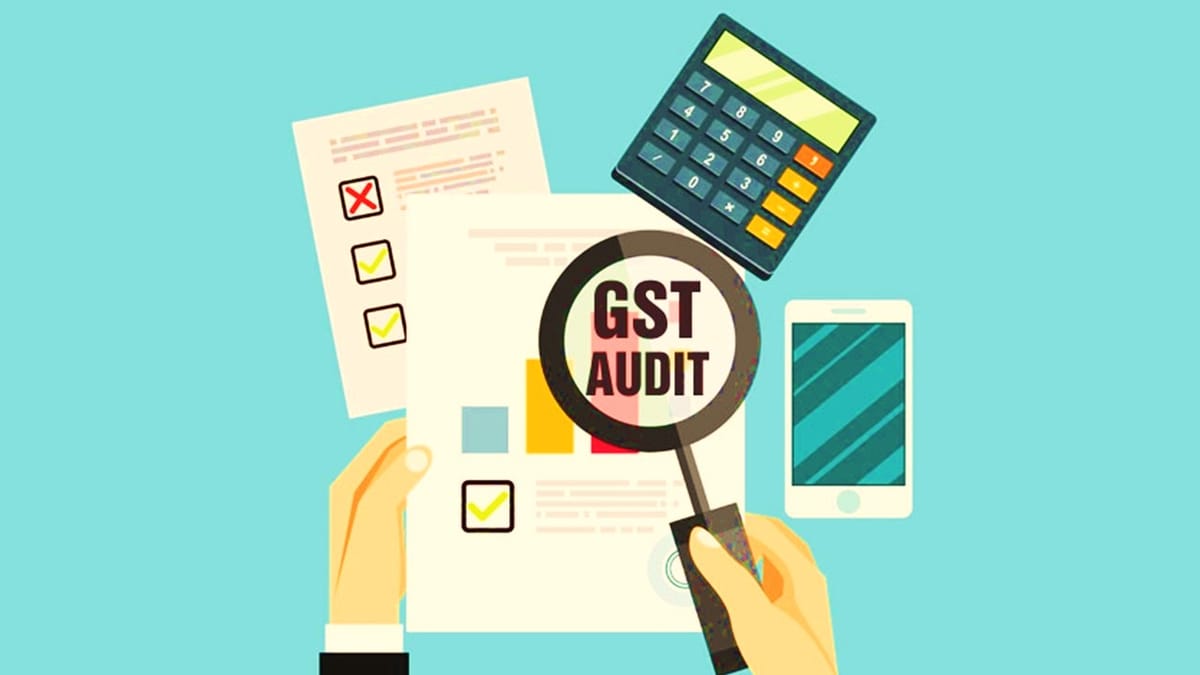Reetu | Jun 16, 2023 |

CBIC Chairman: 50000 cases to be taken up for GST Audit in FY 2024
As part of efforts to increase compliance and broaden the tax base, the indirect tax administration has shortlisted 50,000 new cases for goods and services tax (GST) auditing in the current financial year, said Central Board of Indirect Taxes and Customs (CBIC) Chairman Vivek Johri in an interview at his office here.
“We conducted approximately 30,000 GST audits at the central level (in 2022-23) for FY21 and FY22.” “At the end of the financial year 2022-23, we detected tax evasion worth approximately 17,000 crore and recovered approximately 18%, or 3,060 crore,” the CBIC chief added. The recovery number is anticipated to rise as a result of “some spillovers that we expect to conclude in this financial year,” he added.
The authority’s aim of auditing 50,000 cases in FY24 is based on risk indicators. He highlighted that there will be spillovers from previous years as well.
GST audits, also known as departmental audits, are performed to check stated sales, taxes paid, refunds claimed, and input tax credits claimed by reviewing tax returns and other documents kept by firms. Any information inconsistency between papers might generate a red signal.
Departmental GST audits gathered up steam in FY23, after firms were given enough time to adjust to the 2017 indirect tax regime.
Johri stated that the recently announced two-month special push on May 15 is intended to clean up the taxpayer base. “We have shortlisted 30,000 cases for physical verification, of which 35%, or over 10,000 cases, have been found to be allegedly involved in the generation of fake registrations in order to claim bogus input tax credit (ITC). During the campaign, the department has discovered over 7,000 crore of fraudulent ITC.”
“It is a coordinated effort with states to identify taxpayers who appear suspicious based on their behaviour and footprint. First, we have compiled a list of taxpayers who appear to be very high risk; all of these taxpayers will be physically confirmed to determine that they do, in fact, have a place of business. We’ve established various methods for verification with states. In the event of non-existent organisations, we are taking measures to suspend and terminate registration, as well as restrict input tax credit,” he stated.
According to Johri, the agency has been able to follow ITC users – layers of receivers who are legitimate beneficiaries of the tax credit — and is taking appropriate action if there is any irregularity.
The CBIC chairman stated that the GST mop-up exceeded 18 trillion in FY23 due to an improved economy and an increase in compliance (return filing), which is presently 85 percent compared to 60-70 percent in the pre-GST period.
In the current financial year, Johri anticipates an average monthly GST collection of 1.55 trillion-1.6 trillion. “I would like to be conservative in our revenue estimates, so I believe a monthly average of 1.5 trillion is achievable. This is with genuine economic growth, solid IIP data, and overall growth estimates from numerous organisations in mind.”
In terms of the department’s plan for broadening the tax base and combating misuse, he stated that the authority will provide stricter verification at the time of business registration to prevent misuse. Simultaneously, it will strengthen its compliance management efforts by conducting closer inspection and audits with the assistance of states.
He stated that several industries have been a source of concern due to a rise in the amount of fake invoices because they largely deal with informal networks. Metal and plastic wastes, waste paper, personnel supply services, and advertising services are among them.
Concerning the establishment of the GST tribunal, the CBIC chairman stated that a modification to the Central GST Act has already been made through the Finance Act of 2023. However, the State GST Act must also be amended. “As a result, depending on their Budget sessions, states will now take the matter; some will do it now. Typically, when modifications to the GST legislation are announced, state administrations are able to complete them by October or November of the following year. I anticipate that it will be operational in the second half of financial year 24,” he continued.
In case of any Doubt regarding Membership you can mail us at [email protected]
Join Studycafe's WhatsApp Group or Telegram Channel for Latest Updates on Government Job, Sarkari Naukri, Private Jobs, Income Tax, GST, Companies Act, Judgements and CA, CS, ICWA, and MUCH MORE!"